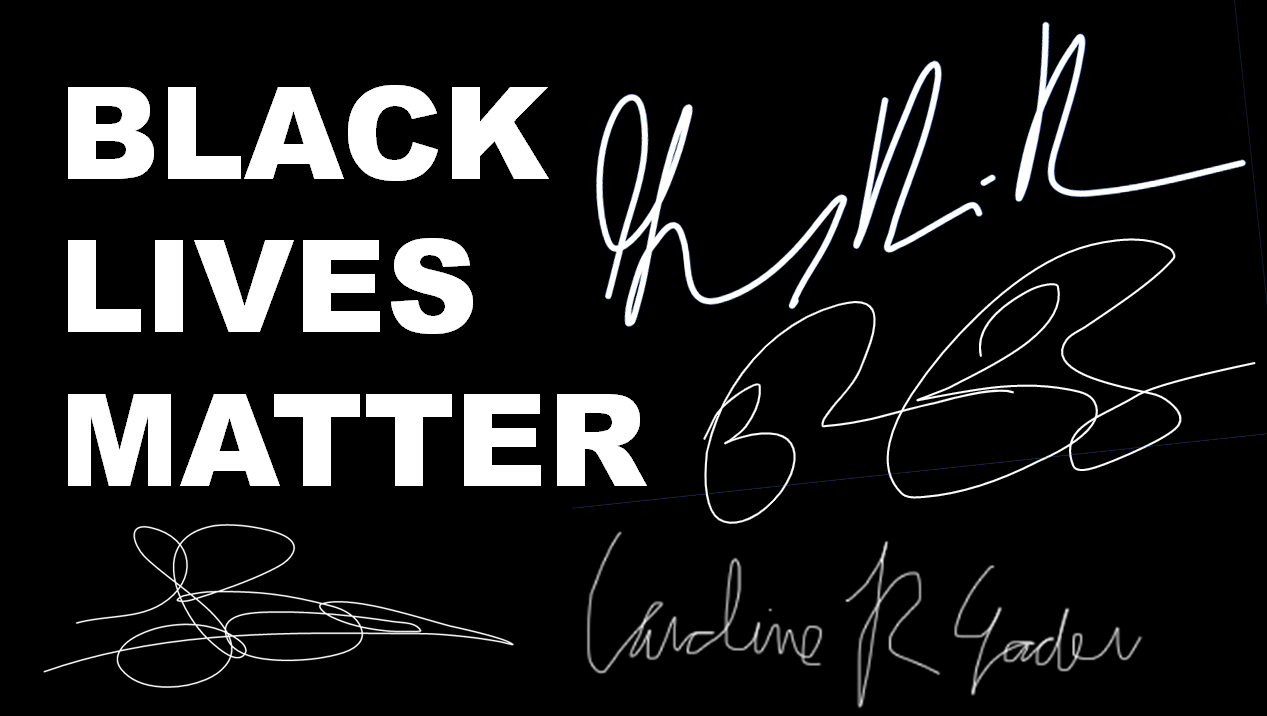NOTICE: This post references card features that have changed, expired, or are not currently available

I’ve been on vacation this week. For the first time since the COVID-19 shutdowns began, I’ve ventured away from home, albeit by car. My wife and I spent 5 nights at a resort in northern Michigan. It’s all very nice, but at the same time vapid and unremarkable.
What is remarkable is everything else. The global pandemic has drastically changed life as we know it. For the past several months, until recently, the pandemic was pretty much the only topic of conversation.
Now: Black Lives Matter.
I’m publishing this on Juneteenth. This day is meant to celebrate the ending of slavery in the United States. But the anniversary comes at a momentous point in history. George Floyd’s gruesome murder was the spark that kicked off a tsunami. The tsunami manifested overtly in public protests and privately in the hearts and minds of Americans. We always knew, but we finally see that black lives have not been freed from tyranny. Not yet.
I was in my twenties when OJ Simpson was tried for murdering his wife and her friend. We didn’t have social media at the time and news channels had not yet bifurcated along ideological lines. I give that background as a way of stressing that it was a time when most Americans watched the same news and saw the same facts. That’s why I was shocked to learn at that time that my African American friends thought OJ was innocent. To me, the evidence of his guilt was so overwhelmingly clear that no rational person could fail to see that he did it. Yet they did. My mind was blown.
For nearly 20 years I’ve lived with this mystery. How can people see the same crystal clear information, but reach opposite conclusions? The video of George Floyd’s murder opened my eyes. Think about it. We’re aware of what happened to George Floyd only because the event was caught on video. Even today, there must be countless similar atrocities that go unrecorded. Back then, though, people didn’t carry video cameras in their pockets. Therefore, far fewer atrocities were recorded. And without social media, those few recorded atrocities were also less likely to be shared. I see now that I drastically underestimated the extent of the problem. Meanwhile, African Americans have had to live their lives in fear of the same people that make the majority feel safe: the police. In that light, it makes sense to see the OJ evidence differently. The idea that the police planted evidence against OJ previously seemed absurd to me. But if you told me a month ago that a policeman in Minneapolis would do what he did to George Floyd while colleagues stood around and did nothing, I would have thought that was absurd too. That can’t happen. That wouldn’t happen. But it did.
Our eyes are now wide open. On this Juneteenth we can celebrate not just the emancipation of slaves so very long ago, but also the coming together of people divided. Where we previously saw the world so very differently, a veil has torn apart. Shock-waves from May 25th continue unabated and with each jolt, with each march, with each tragedy, the majority’s view clarifies. We see the truth and we’re revolted.
I believe we have reached a crucial tipping point. Systemic oppression of black lives is now in stark view. This crisis has finally been recognized as such by the majority. That gives me hope that real change is finally on the horizon. And that is worth celebrating. This is not a happy Juneteenth, but it is full of hope.
Wishing you a hopeful Juneteenth.

